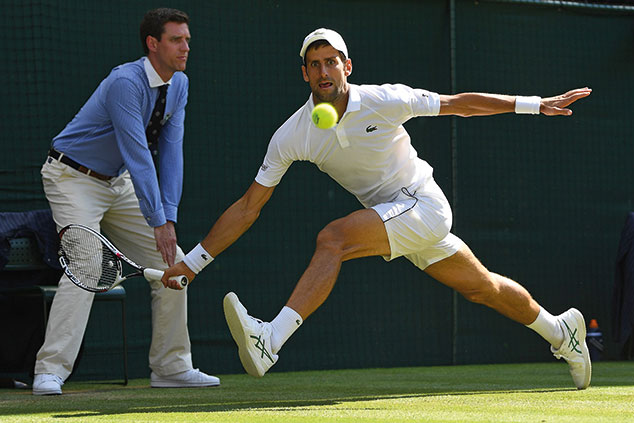
We all know that markets are not as efficient as academic theorists would like them to be. A wide range of “anomalies” have been found that mean there are certain strategies that, over the long run, should (if history remains any guide) beat the wider market. These include momentum (buy stuff that goes up, sell what goes down); value (buy what’s cheap and sell it once it’s no longer cheap); and small caps (smaller companies beat larger companies over time). The question is – why do these phenomena persist? Why are they not arbitraged away once investors find them?
An inkling of an answer might come from the tennis courts. In a new paper (Do Expectations Reflect Information Reliability? Evidence from odds on tennis matches), Constantinos Antoniou of Warwick Business School and Christos Mavis of the University of Surrey looked at betting odds on more than 9,000 tennis matches between 2005 and 2014. They wanted to examine how bookmakers made use of available information to set the odds of victory for each player.
The researchers point out that “the diagnostic value of information depends both on its content and its reliability”. Professional tennis players have an official ranking, so you’ll always know who the “best” player is in each match. However, the “reliability” of this information depends on the type of match being played. Grand Slam matches are played to the best of five (so a minimum of three games), whereas ATP World Tour matches are best of three (a minimum of two games). As the researchers note, “since highly skilled players are more likely to win any single point, they should win longer matches more frequently, as more points are generally played”. In other words, there’s a higher chance – around 7%, as it turns out – of the more highly ranked player winning a Grand Slam match than an ATP match. In turn, that means bookmakers should offer correspondingly worse odds. Yet they don’t. Bookies consistently underestimate the chances of higher-ranked players winning Grand Slam matches, and so make lower profits on these matches overall.
What’s interesting from a markets point of view is that, if even professional bookies – often viewed as the least fallible of all forecasters – suffer from “information reliability neglect” and fail to “price in” useful, publicly available data, then it suggests there’s a simple explanation for persistent anomalies. Quite simply, “investors fail to recognise information reliability and don’t price stocks as strongly as they should”, suggests Antoniou. Oh, and if you fancy a punt on the tennis, the lesson seems to be: stick to Grand Slams and bet on the favourite every time.